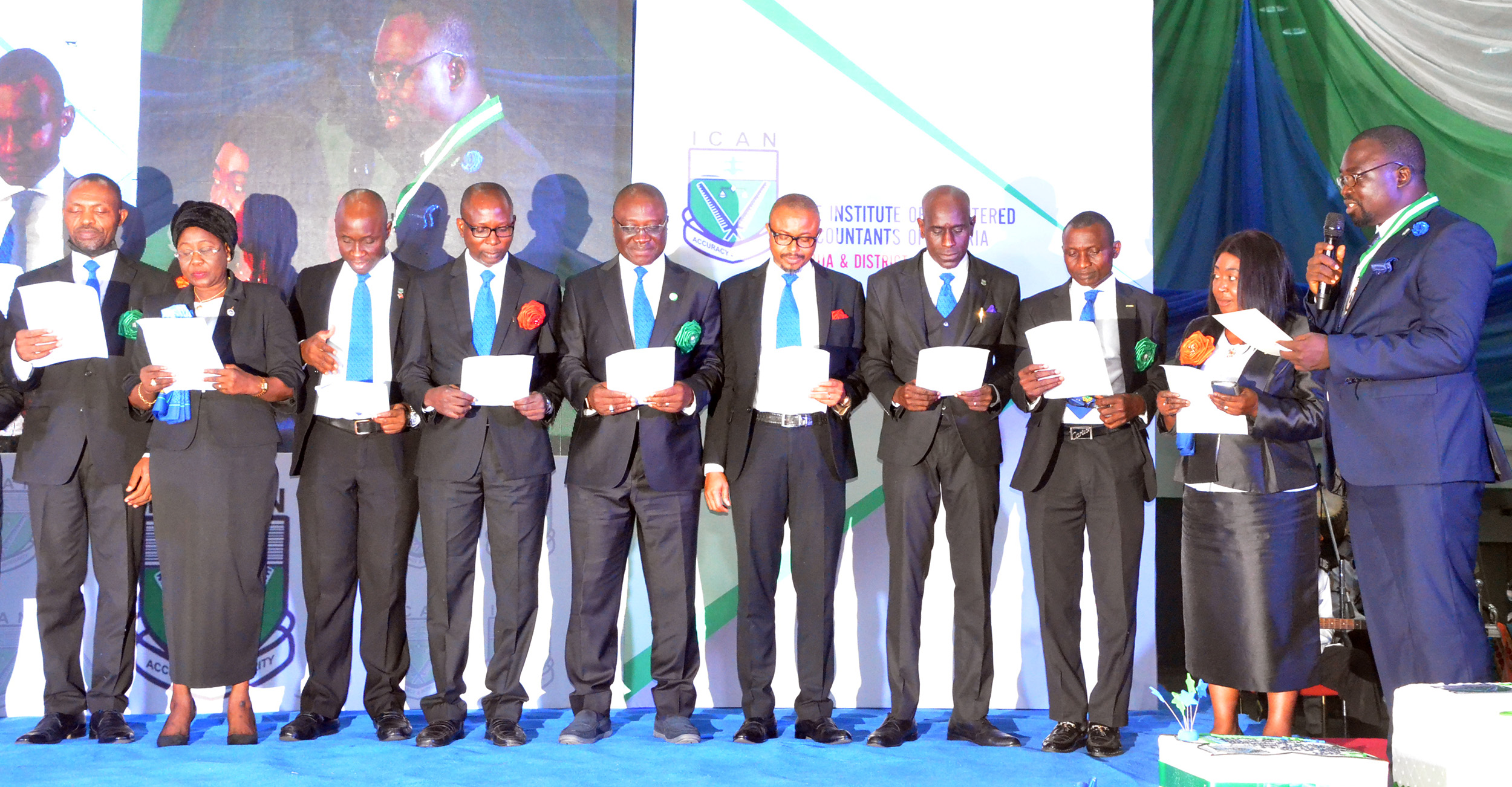Business
MAN Laments Effects Of Covid-19 On Economy

Manufacturers in Rivers and Bayelsa states have highlighted some of the challenges that confronted them during the Covid-19 pandemic in the country.
They lamented that the pandemic had serious adverse effects on the manufacturing sector in the country.
Speaking at the 37th Annual General Meeting (AGM) of Manufacturers Association of Nigeria (MAN), Rivers/Bayelsa chapter, in Port Harcourt, last week, the President of the association, Engr Mansur Ahmed, said, “no economy will obtain a sustainable growth without a vibrant manufacturing industry”.
He described the theme of the AGM: ‘Covid-19 Pandemic and Survival Strategies in the Manufacturing Sector,’ as apt and timely, taking into consideration the devastating effects of the pandemic on the manufacturing sector in the country.
According to him, the pandemic caused low patronage for locally made goods, increased the rate of unemployment and high cost of doing business in the country, amidst epileptic power supply.
The MAN President, who was represented by the association’s Vice President, Eastern Zone, Engr Chukwuemeka Nzewi, said the papers presented at the AGM would give political leaders first hand information on the challenges facing manufacturers, in addition to the difficulties in accessing foreign exchange.
The guest speaker at the event, and National Deputy President of the Nigerian Association of Chambers of Commerce, Industry, Mines, and Agriculture (NACCIMA), Dr. Emi Membere-Otaji, said Nigeria’s economy was already facing serious challenges from monetary and fiscal policy issues, insecurity and fall in crude oil price due to the Covid-19 pandemic.
“The catastrophic Covid-19 pandemic has dealt big blows on the economy and the usual ways of doing business, leaving in its trail a novel economy.
“For businesses to remain afloat, the strategy should be initially to survive by activating the business continuity plan, then to stay alive by building upon the new normal situation, secure and operationalize a transition roadmap from shock mode to short term priorities and long term needs and then finally to thrive on the new normal foundation, repositioning and innovating the business forward, in the light of the new reality”, he said.
He urged every business to build strong online presence and activate all social media strategies to reach millions of people, warning however, against those he called digital scammers that rove in the internet space.
In his welcome address, the chairman of MAN, Rivers/Bayelsa chapter, Senator Adawari Michael Pepple, listed the difficulty in accessing funds as one of the factors hindering industrialisation, saying most of the huge amounts bandied about as Covid-19 palliatives did not get to manufacturers in the zone.
He decried the ever increasing electricity rates in the face of poor supply and low patronage of locally-made goods that have accumulated to an unsold stock of over N303.22 billion in the second half of 2020 from N202.16 billion recorded in the corresponding half of 2019.
Pepple also lamented over multiple taxes in Rivers and Bayelsa states and urged the governors of the two states to do something about it.
Business
NCDMB, Jake Riley Empower 250 Youths On Vocational Skills

Business
NUJ Partners RSIRS On New Tax Law Education

Transport
Nigeria Rates 7th For Visa Application To France —–Schengen Visa

-

 Sports1 day ago
Sports1 day agoArsenal Women End Man City’s Invincibility
-

 Sports1 day ago
Sports1 day agoU-20 WWC: Falconets claim qualifier win
-

 Sports1 day ago
Sports1 day agoInsurance Deepen Enyimba’s Trouble
-

 Sports1 day ago
Sports1 day agoYouth Olympics preparation Gears up
-

 Environment1 day ago
Environment1 day agoRivers State Government Suspend Fire Service Collection Levies
-

 Sports1 day ago
Sports1 day agoTornadoes Set For NPFL exit over Stadium Ban
-

 Sports1 day ago
Sports1 day agoCologne Youth Team Set Crowd Record
-

 Environment1 day ago
Environment1 day agoLASEMA pushes attitudinal change to cut fire outbreaks in Lagos

